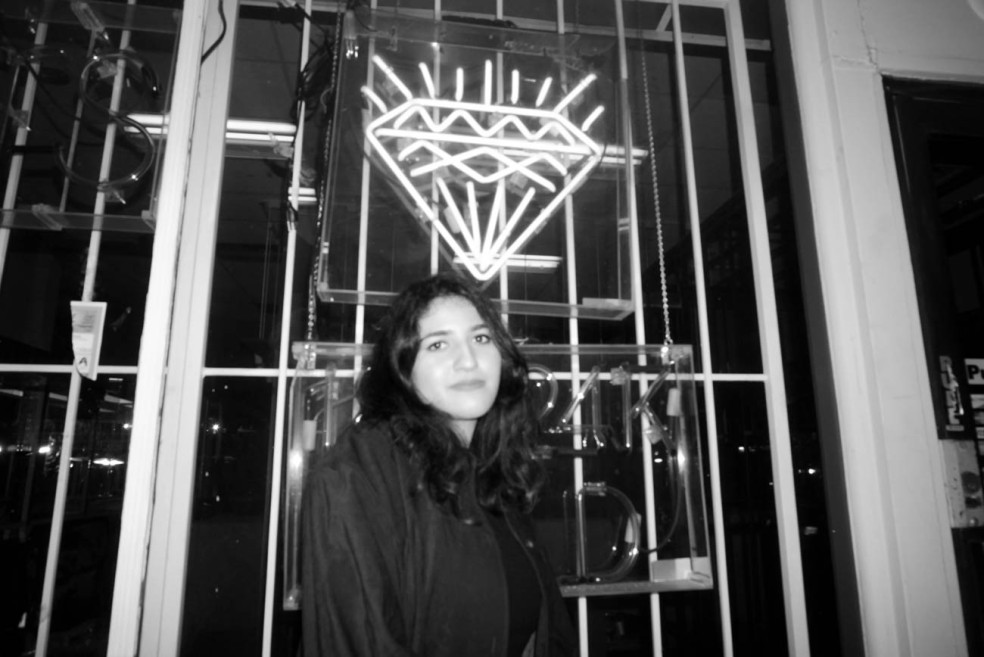matthew warhol: Okay, so the first thing I wanted to talk about is what originally struck me about your music, which is your voice. You have this very delicate, personal voice. When did you discover it?
Zoya Zafar: Um, I guess when I was like 15. I was taking choir in school, so I think that helped with understanding how to breathe properly when you sing, what vowels sound good. I don’t think too much about it now when I sing because I’ve been doing it for so long. But yeah, I think it happened around then. And like, figuring out where I’m most comfortable singing, in range or whatever.
matthew warhol: When did you start to find your niche in music?
Zoya Zafar: I was always into folk music, even without realizing what it was. I remember, when I was really young, listening to late-‘80s, early-‘90s stuff — what my parents listened to.
matthew warhol: Like what?
Zoya Zafar: Wilson Phillips or Bonnie Raitt. I didn’t really like it that much, but I really didn’t have anything else to listen to. One day, my mom brought me a PJ Olsen CD. No one knows about him, but he’s like ‘90s alternative folk. He had long hair — I thought he was a girl at first. I listened to his record a lot, that’s all I listened to from like nine to thirteen. That’s when I realized I was more into acoustic music.









